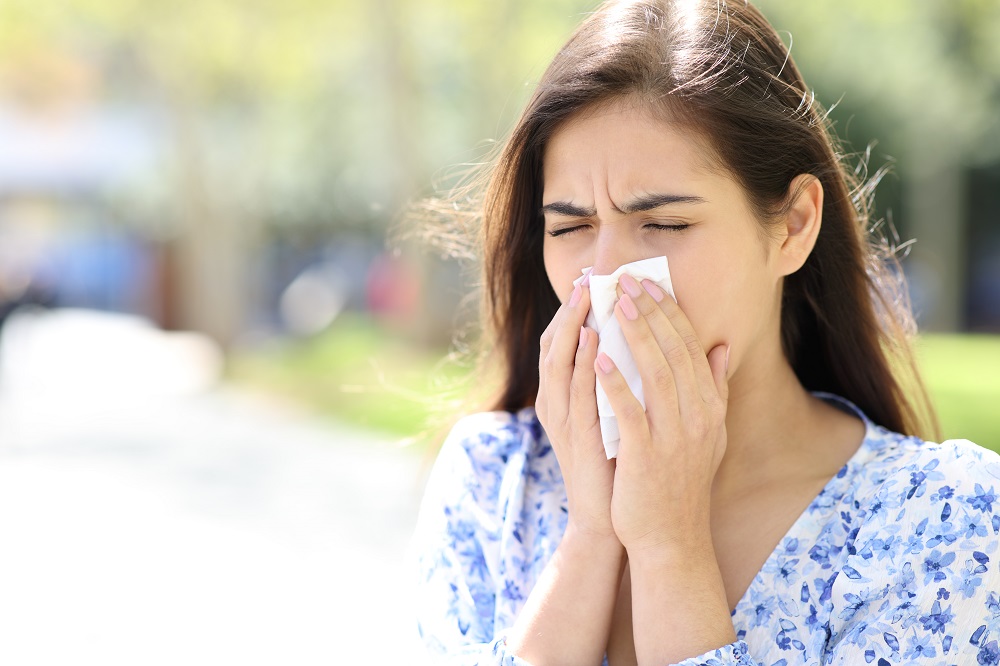Red, itchy eyes, a runny nose, and constant sneezing quickly become no fun. While allergy medications, like antihistamines, corticosteroids, and decongestants, can help alleviate the symptoms, they don’t do anything to address the root issue: the allergy.
This is where allergy shots come in. Allergy immunotherapy is designed to help alleviate or eliminate the symptoms of allergies by slowly “training” the body not to react to the substance, whether it’s pet dander or bee venom. But how effective are allergy shots? Let’s find out.
Understanding Allergy Shots
Allergy shots, or allergy immunotherapy (AIT), are injections designed to help your body become less sensitive to an allergen, like pet dander, bee venom, or pollen.
An allergy shot works by “training” the body not to react to the allergen, whether it’s bee venom or pet dander. It does this by administering small doses of the allergen, incrementally increasing the dose to help the immune system become less sensitive.
Your immune system creates a substance called antibodies, blood proteins that counteract a specific antigen. These antibodies identify various substances as harmful, even though they aren’t. By administering small doses, the allergy shot helps reduce reactivity by reducing the production of the “blocking” antibody responsible for creating your allergy symptoms.
How Effective Are Allergy Shots?
Immunotherapy is nothing new. It was originally introduced by Leonard Noon and John Freeman in 1911, then called allergen desensitization or hypo-sensitization. Over the years, numerous studies have demonstrated the efficacy of allergy immunotherapy.
For example, various research and clinical trials showcase the efficacy of repeated subcutaneous injections. They demonstrate how these injections can achieve an allergen-specific tolerance that offers clinical benefits beyond the last injection.
Other studies further build on the demonstration, showcasing the real-life application of these shots and how effective they can be. One such study examined allergy immunotherapy-treated subjects and discovered that this treatment was consistently associated with significant reductions in allergic rhinitis and asthma prescriptions, including asthma controller and reliever prescriptions, compared to the control subjects.
In addition, this study discovered a remarkably greater likelihood of stepping down asthma treatment in the allergy immunotherapy group.
Of course, these results can vary from one person to the next. Some individuals notice a relapse after discontinuing their immunotherapy treatment program, while others continue to enjoy the benefits after discontinuation. For the most part, allergy immunotherapy has proven to be an effective treatment for various allergies.
How Effective Are Allergy Shots for Cats?
Cats can be excellent companions, but when your allergies get in the way, hanging out with your furry friend can cause all sorts of discomfort, from a runny nose to hives. So, how effective are allergy shots for cat allergies? Allergy shots have proven effective for many cat lovers, especially after a period of one to three years.
Of course, it all depends on factors specific to you and how your body reacts, but these shots can work wonders in alleviating allergy symptoms.
How Effective Are Allergy Shots for Dogs?
If you love spending time with your furry friend, but your allergy prevents it, immunotherapy can be incredibly helpful in alleviating that allergy. This treatment has been used for over a century to tackle various allergies, like hay fever.
While the timeframe for a reduced immune response to your furry friend can vary, these shots can be highly effective for dogs.
Final Thoughts
Allergy shots have been proven to be an effective treatment for a variety of allergies. Numerous studies have showcased the efficacy of allergy immunotherapy, demonstrating how it can help alleviate allergy symptoms by reducing the overall sensitivity of the immune system.
While the results may vary from person to person, for the most part, allergy shots have been found to provide significant clinical benefits. Whether it’s pet dander, bee venom, or pollen, allergy shots can help you become less sensitive to the allergen and enjoy a more comfortable life. Your healthcare provider can help you learn more about allergy shots as a solution to your allergies and whether they’re a good fit for your needs.

